Total Intake 60
The department of EXTC was started in 2002. Right from the inception of the institute, it has progressed rapidly, to be regarded, as one of the premiere departments with excellent infrastructure and dedicated faculty. The department has highly qualified and competent faculty members who specialize in their areas of expertise, in order to give the students a holistic and pragmatic view of the present scenario of Electronics and Communication industry. The main objective of this course is to produce talented engineers in the field of Electronics & Telecommunication Engineering. Emphasis is on teaching designing, testing and implementation of electronic circuits required for communication-related areas.
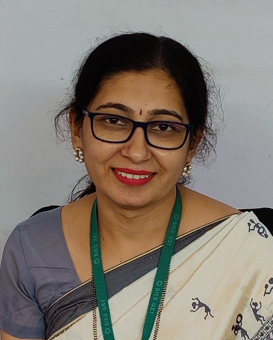
It is a matter of great pride and privilege to welcome you to the Department of Electronics and Telecommunication Engineering at SIES Graduate School of Technology, Nerul. The department is a hub of learning, innovation, and transformation, where we strive to build not only skilled engineers but also responsible professionals ready to meet the challenges of a rapidly evolving technological world.
Since its inception, the department has focused on delivering high-quality education through a balanced blend of theoretical foundation and practical exposure. The department is equipped with a dedicated faculty, well-equipped laboratories, and a strong curriculum that bridges fundamental knowledge with all the advanced technologies such as 5G/6G communication, IoT, advanced VLSI design, embedded systems, artificial intelligence, cyber security, robotics and signal processing.
We also maintain strong industry linkages through internships, industrial visits, guest lectures, and MoUs, ensuring our graduates are job-ready and future-ready.
We are committed to nurturing talent, encouraging curiosity, and contributing meaningfully to society through education.
To be a Premier Department in Electronics & Telecommunications Engineering.
| Name | Employess/Unique ID | Date of Joining | Designation | Qualification | Status of Appointment |
| Dr.Preeti Hemnani | 40035 | 01.08.2003 | Professor, Dean Academic & IQAC Coordinator | B.E(Electronics), M.E(Digital Systems), Ph.d (Electronics) | Full Time |
| Dr. Swati Rane | 40042 | 08.07.2004 | Assistant Professor I/c. HOD | B.E, M.E(EXTC), Ph.D (EEE) | Full Time |
| Ms.Vandana Sawant | 40061 | 16.06.2005 | Assistant Professor | B.E, M.E(Electronics) | Full Time |
| Dr. .Sonal Hutke | 40325 | 26.06.2012 | Assistant Professor | B.E.(EXTC), M.E.(Digital Electronics),Ph.D | Full Time |
| Ms.Shyamala Mathi | 40310 | 26.06.2012 | Assistant Professor | B.E.(ECE), M.E.(App.Electronics), Ph.D* | Full Time |
| Ms.Pratibha Joshi | 40324 | 26.06.2012 | Assistant Professor | B.E.(Electronics), M.E.(EXTC), Ph.D* | Full Time |
| Ms.Pranavi Nikam | 40339 | 07.07.2012 | Assistant Professor | B.E, M.E (EXTC), Ph.D* | Full Time |
| Ms.Vaishali Mangrulkar | 40388 | 01.07.2014 | Assistant Professor | B.E, M.E (EXTC) | Full Time |
| Ms.Priyanka Kadam | 40443 | 03.07.2017 | Assistant Professor | B.Tech, M.Tech (EXTC) | Full Time |
| Mr.Biju Balakrishnan | 40452 | 19.07.2017 | Assistant Professor | B.E (EXTC), M.Tech (Comm. Engg.) | Full Time |
| Name | Designation |
| Mr. Abhijit Chavan | Lab Assistant |
| Mr. Prashant Pawar | Lab Attendant |
 Basic Electrical Engineering Lab
Basic Electrical Engineering Lab Electronic Devices And Circuits Lab
Electronic Devices And Circuits Lab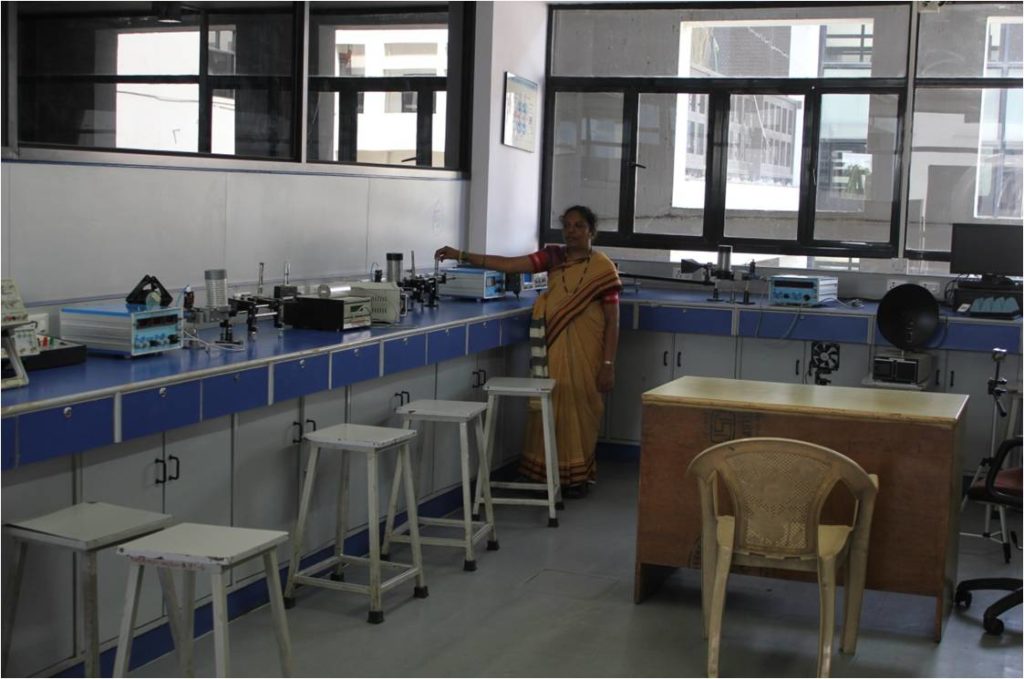 Rf And Microwave Lab
Rf And Microwave Lab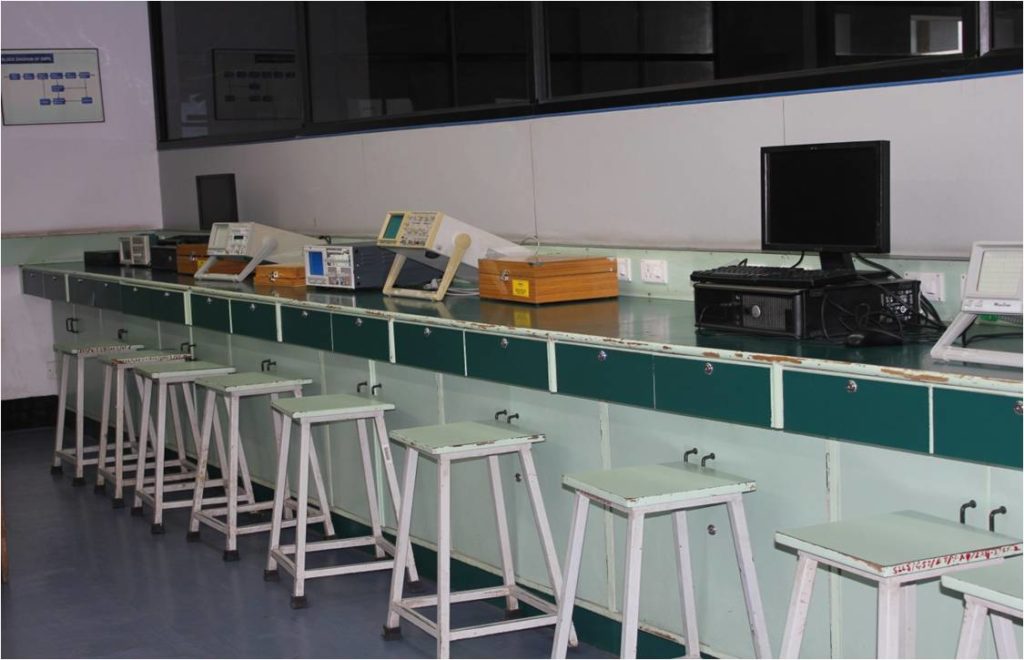 Analog Communication Lab
Analog Communication Lab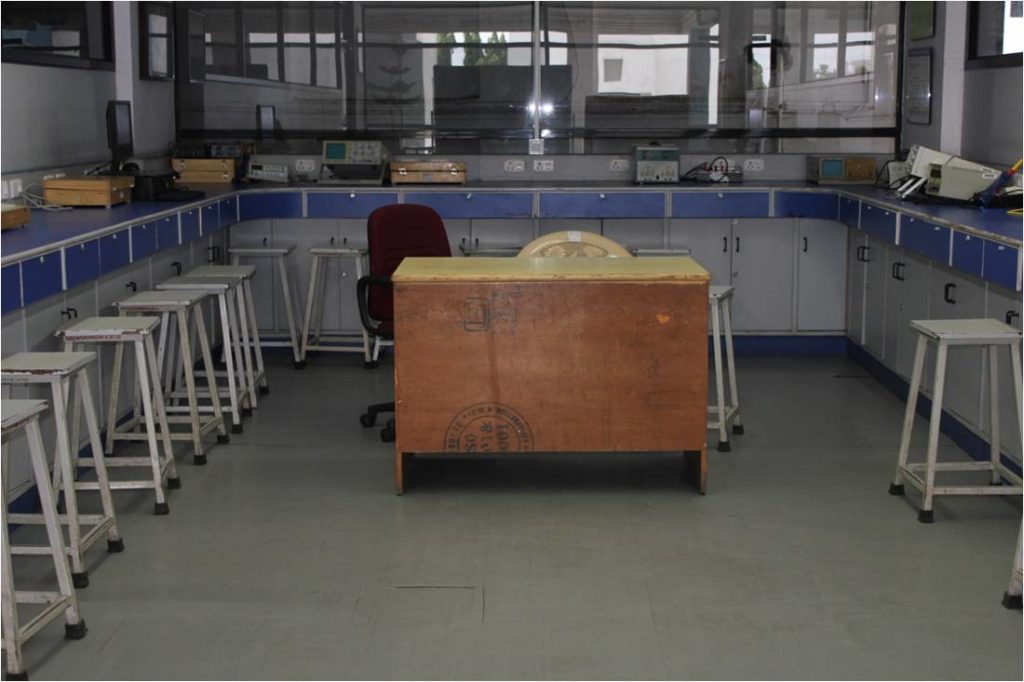 Digital Communication Lab
Digital Communication Lab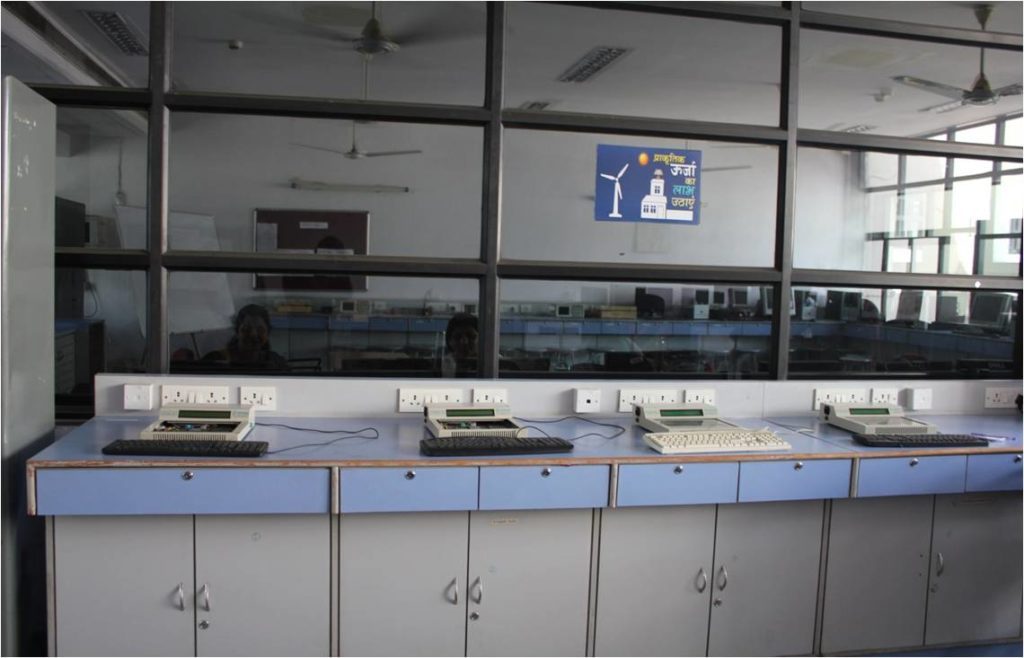 Microprocessor And Microcontroller Lab
Microprocessor And Microcontroller Lab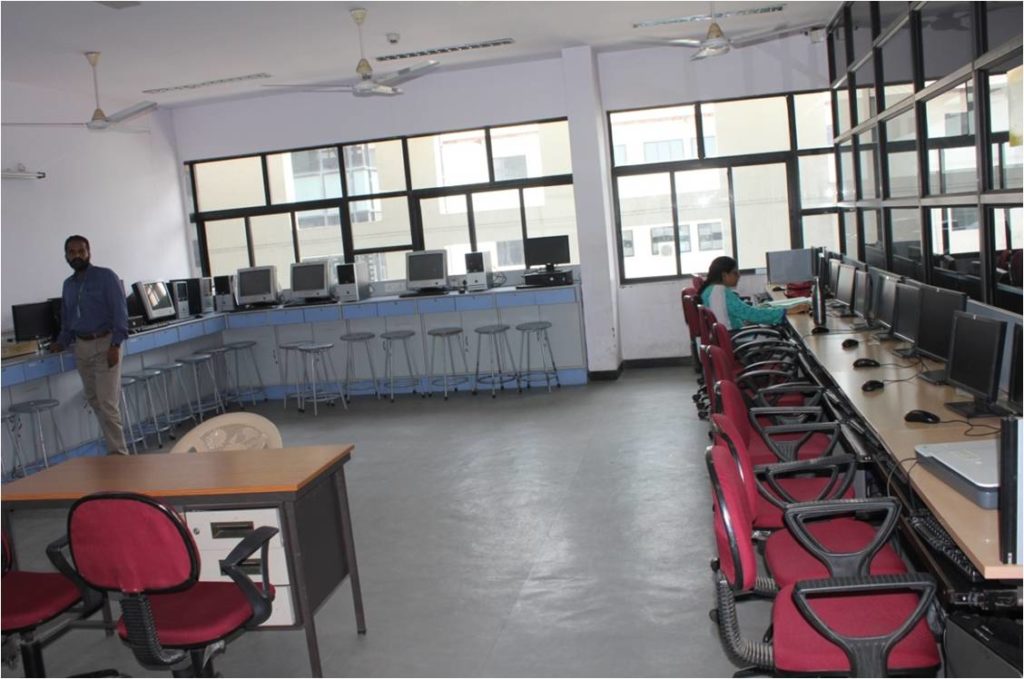 Digital Signal Processing/ Simulation Lab
Digital Signal Processing/ Simulation Lab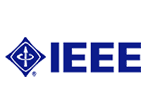
Institute of Electrical and Electronics Engineers (IEEE) is a student branch that imparts knowledge through experience by organizing industrial visits, workshops, seminars, STEM lectures and other technical events. Microwave Theory and Technics Society (MTT-S) chapter Women in Engineering (WiE) Affinity group and Computer Society (CS) are started under IEEE SIES GST Student Branch on 2018, 2019 and 2020 respectively.





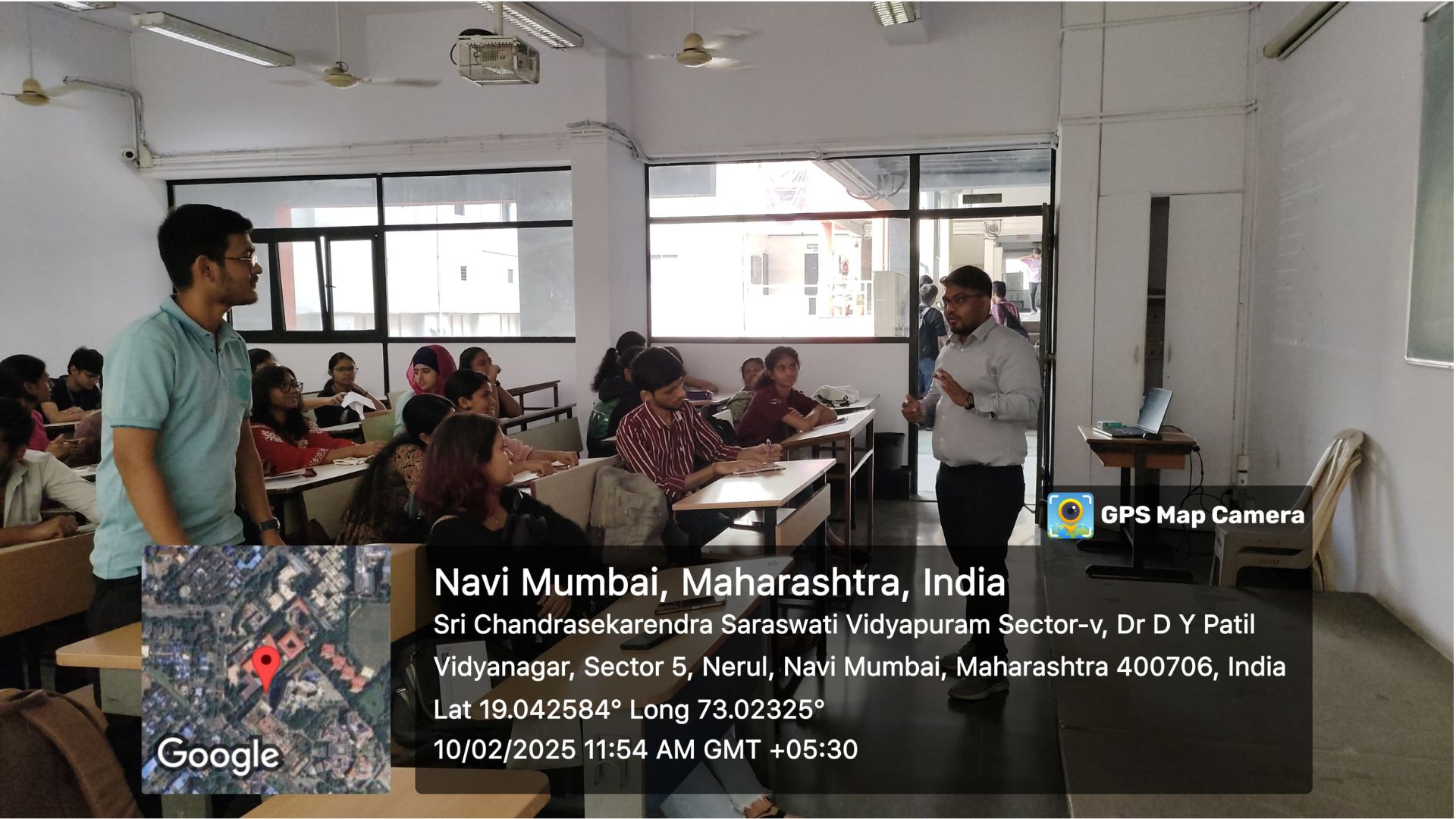
 Ask your queries
Ask your queries
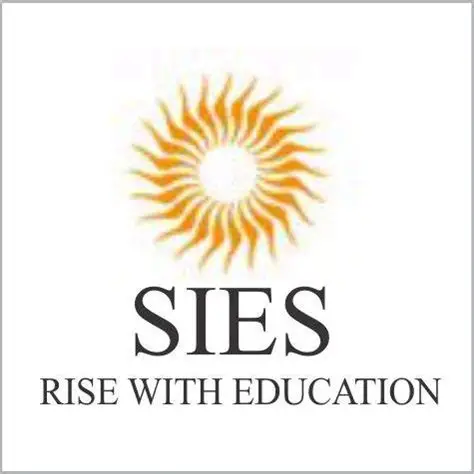 GST Chatbot
GST Chatbot